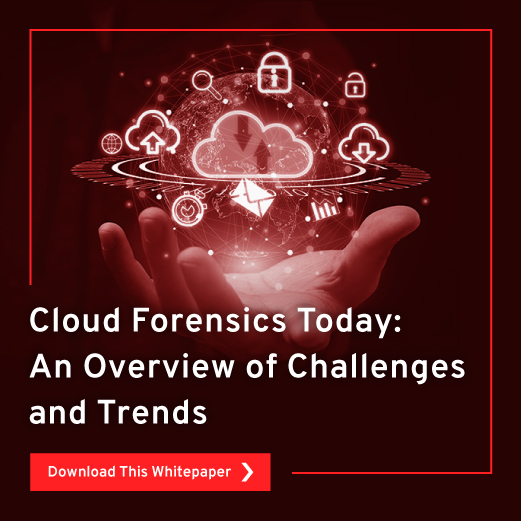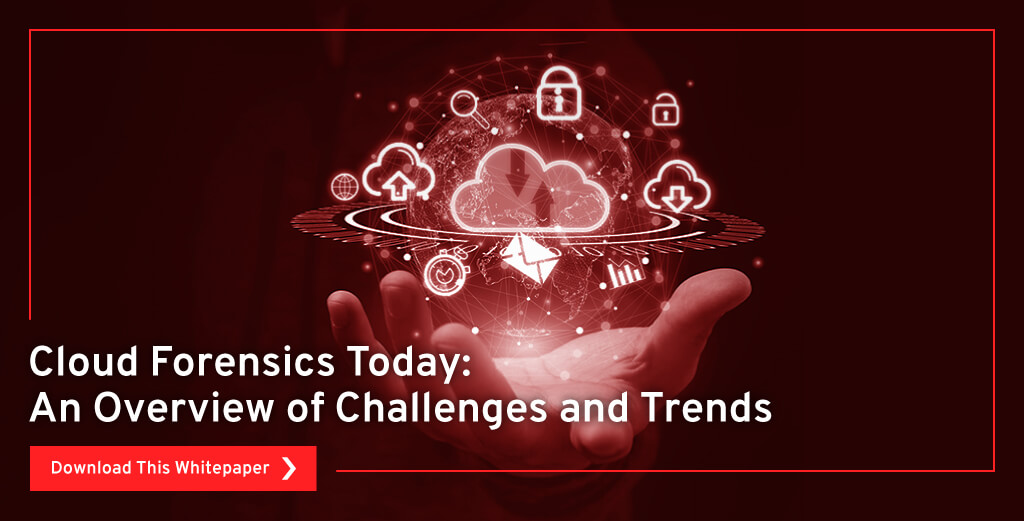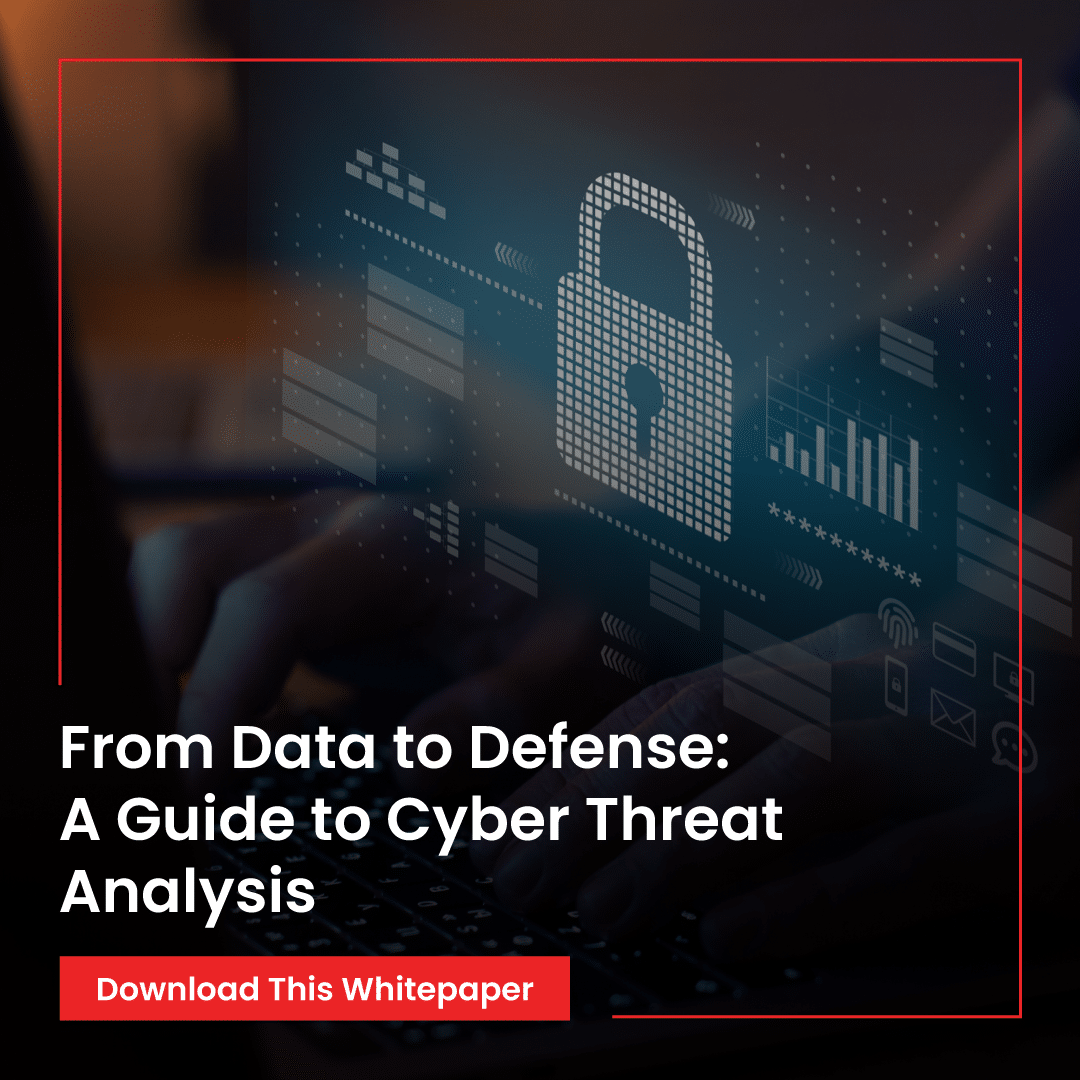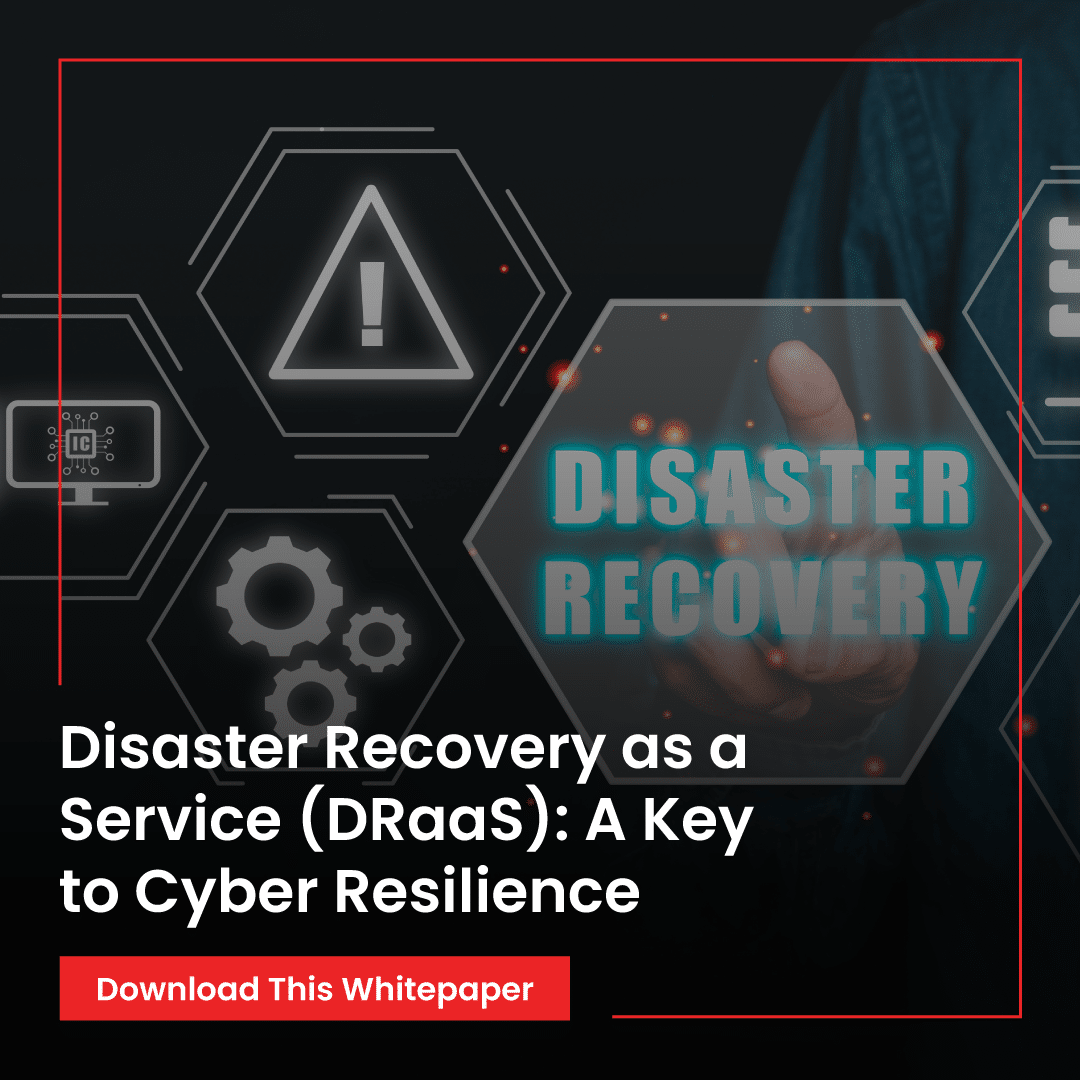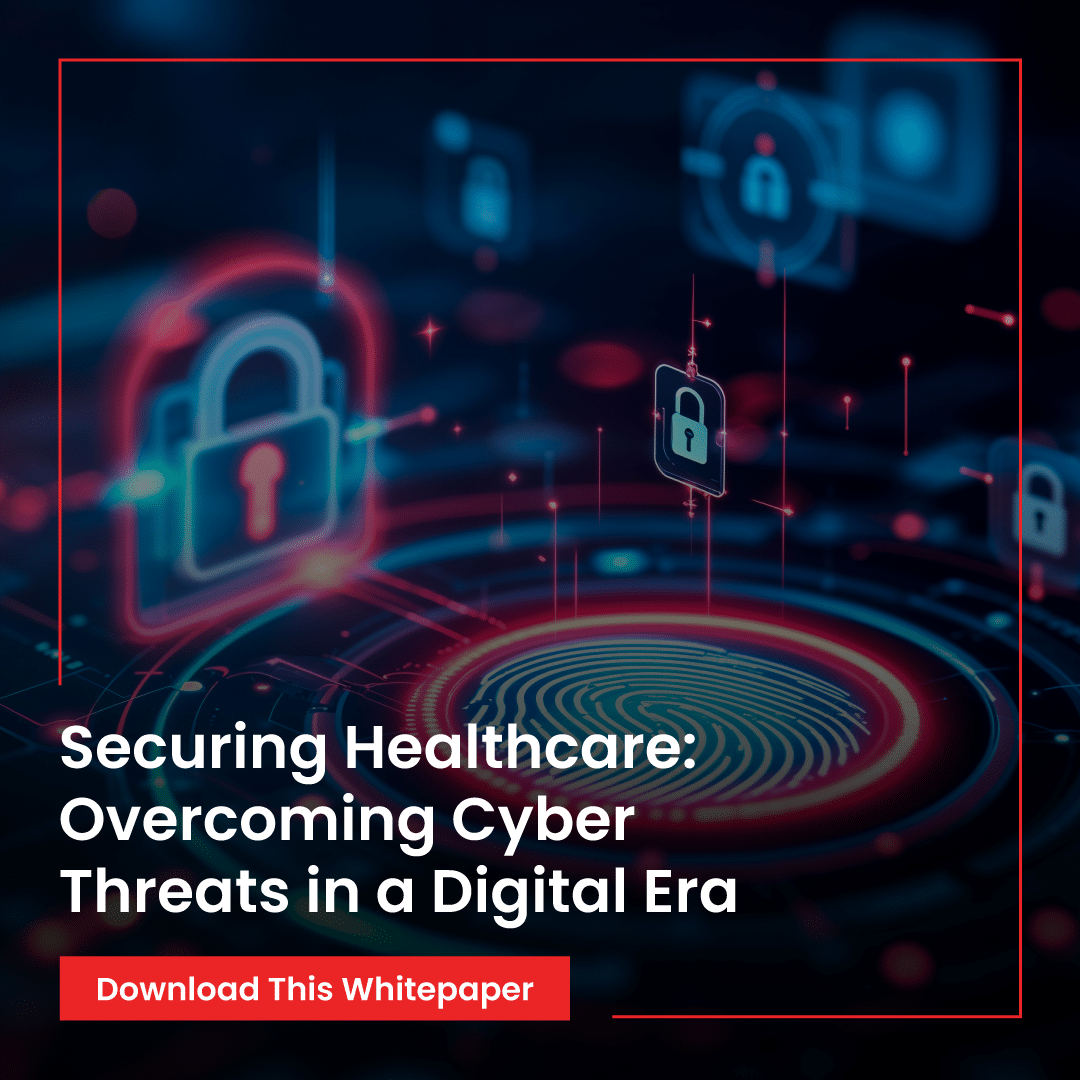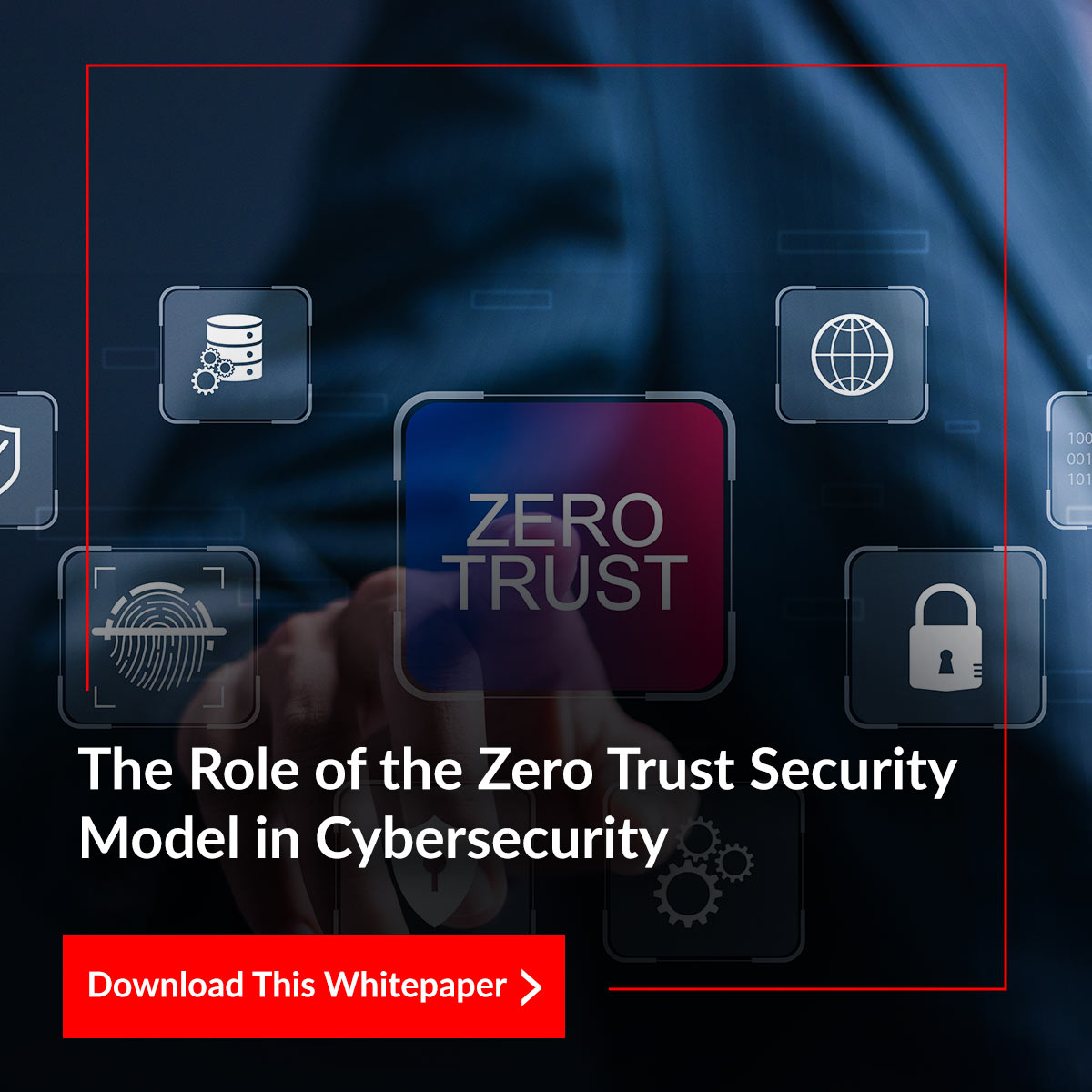Cloud Forensics Today: An Overview of Challenges and Trends
EC-Council’s whitepaper on Cloud Forensics Today: An Overview of Challenges and Trends, authored by Sunil Kumar, is a comprehensive overview of the challenges and trends in cloud forensics. The paper explores the complexities of digital forensics in cloud environments and provides insights into emerging trends, best practices, and solutions to mitigate risks.
Cloud computing has become integral to modern business infrastructure, providing unprecedented flexibility and scalability. However, this digital transformation has also created new challenges for forensic investigators, who must adapt to the evolving landscape of cloud computing. The whitepaper emphasizes the importance of understanding cloud forensics’ unique challenges and highlights the field’s key trends.
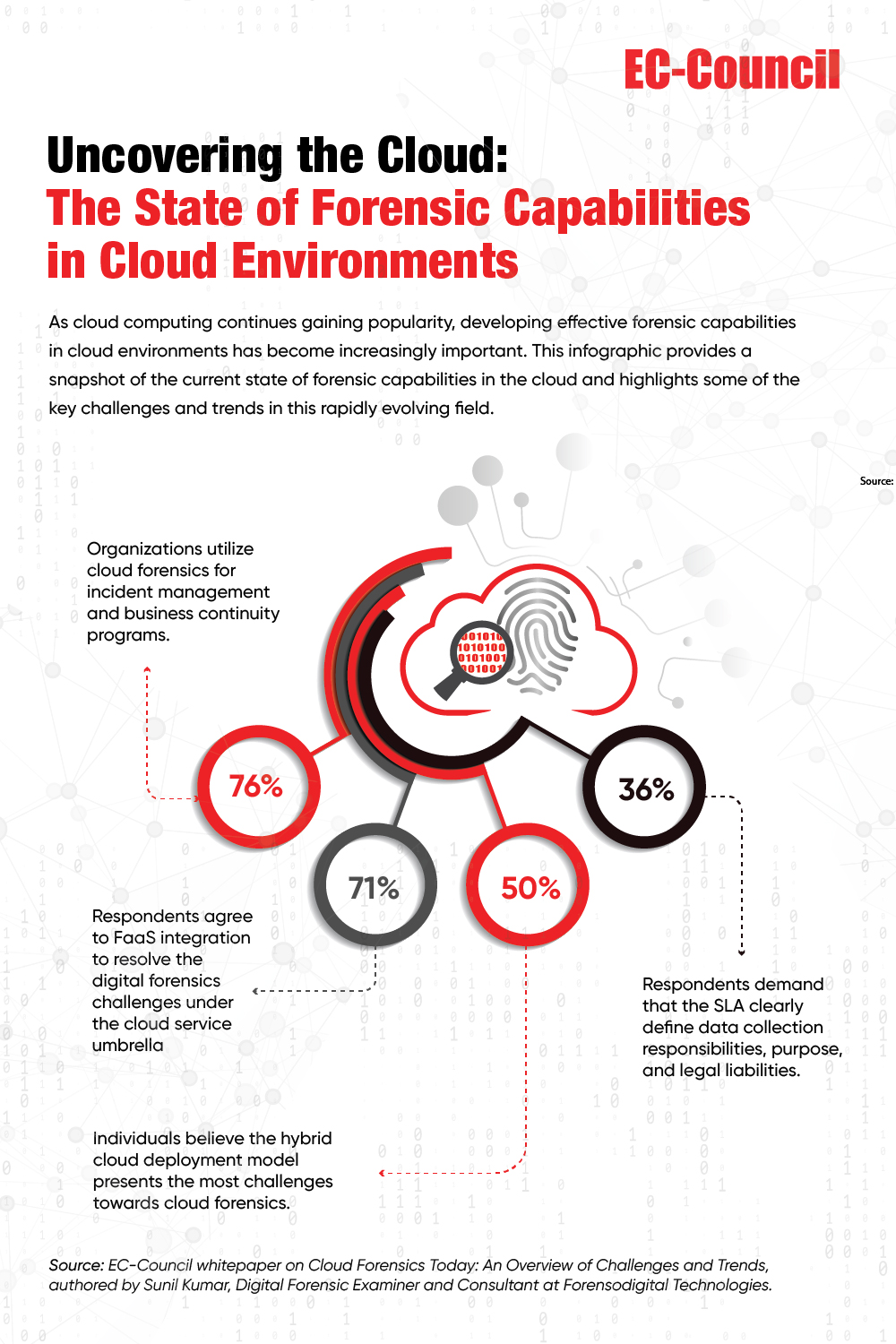
One of the key insights from the whitepaper is that traditional digital forensics techniques need to be improved for cloud environments. Cloud computing introduces a range of complexities, such as the dynamic allocation of resources, virtualization use, and data storage’s distributed nature. As a result, investigators must adopt new methodologies and tools to investigate cloud-based incidents effectively. The whitepaper outlines some best practices and tools for conducting cloud forensics, such as leveraging cloud-specific log analysis tools and utilizing forensic software designed for cloud environments.
Another important insight from the whitepaper is the criticality of preserving cloud-based evidence. The dynamic nature of cloud computing means that critical evidence can be easily overwritten or lost if proper precautions are not taken. As a result, investigators must prioritize evidence preservation in cloud environments. The whitepaper highlights the importance of leveraging cloud-specific preservation techniques, such as creating images of virtual machines or instances, to ensure that evidence is not lost during an investigation.
The whitepaper also highlights the emerging trends in cloud forensics, such as the growing use of containerization and serverless computing. Containerization has become increasingly popular in cloud environments, enabling organizations to package and deploy applications quickly and efficiently. However, containerization also presents new challenges for forensic investigators, such as the dynamic nature of containers and the use of shared resources. The whitepaper discusses some best practices for conducting forensics in containerized environments, such as analyzing container images and leveraging container orchestration tools.
The whitepaper concludes by emphasizing the importance of continuous learning and adaptation in cloud forensics. As cloud computing continues to evolve, so must the investigators’ techniques and tools. The whitepaper encourages professionals to stay up-to-date with the latest trends and best practices in cloud forensics to investigate incidents in cloud environments effectively.
In conclusion, EC-Council’s whitepaper on Cloud Forensics Today: An Overview of Challenges and Trends, authored by Sunil Kumar, provides a comprehensive overview of the challenges and trends in cloud forensics. The whitepaper emphasizes the importance of understanding cloud forensics’s unique challenges and highlights the field’s key trends. The paper also provides essential insights into the best practices and tools for conducting cloud forensics and preserving cloud-based evidence. Finally, the whitepaper encourages professionals to stay up-to-date with the latest trends and best practices in cloud forensics to investigate incidents in cloud environments effectively.
To access this insightful whitepaper and learn more about cloud forensics, please submit your details in the form below.


